Essence of Sharing:
PC plastic, with its outstanding mechanical strength, wide temperature range, excellent electrical insulation, remarkable dimensional stability, and transparent texture, holds a significant position in electrical products, instrument housings, and electronic structural components. Dust-free injection molding technology serves as a crucial means to enhance PC product performance, achieving precise modification of PC materials through the addition of glass fibers, mineral fillers, chemical flame retardants, and other plastics. However, due to PC plastic's poor fluidity and high processing temperature, the injection molding of many modified materials relies on professional plasticizing injection structure designs.
I. The Art of PC Plastic Pretreatment
PC plastic has strong water absorption, making pretreatment crucial. Pure PC requires drying at 120℃, while modified PC is recommended to be dried at 110℃ for over 4 hours, but not exceeding 10 hours. The air extrusion method is a simple choice for judging the sufficiency of drying. The use ratio of recycled materials is flexible, reaching up to 20%, and can even be used in full proportion under certain circumstances, depending on product quality requirements. It should be noted that different color masterbatches cannot be mixed in recycled materials to avoid damaging the finished product's performance.

II. Wise Selection of Injection Molding Machines
Considering cost control and performance demands, modified PC materials, especially electrical products requiring fire-resistant properties, impose higher requirements on the plasticizing system of dust-free injection molding machines—demanding uniform mixing and corrosion resistance. Traditional plasticizing screws are difficult to meet these requirements, so suppliers must be clearly informed during purchase to ensure that the equipment meets special needs.
III. Ingenious Design of Moulds and Gates
Mould temperatures are controlled between 80-100℃ (100-130℃ with glass fiber added). Gate design requires careful consideration. Small products are suitable for pin-point gates, with a depth reaching 70% of the thickest part. Ring and rectangular gates are also options. Dust-free injection molding emphasizes making gates as large as possible to reduce shear defects. The depth of vent holes should be controlled within 0.03-0.06mm. The flow channel should be short and round, and the demoulding slope is recommended to be 30′-1°.
IV. Precise Control of Melt Temperature
The air injection method is an effective way to determine processing temperature. Generally, PC processing temperatures range from 270-320℃, while some modified or low-molecular-weight PCs are 230-270℃.
V. Harmonization of Injection Speed and Back Pressure
Rapid injection molding is often used for electrical switch components, typically adopting a slow-to-fast molding strategy. The back pressure is set at around 10bar and can be appropriately reduced when there are no air marks or color mixing.
VI. Delicate Balance of Residence Time
Long residence times at high temperatures can lead to material degradation, releasing CO2 and turning yellow. When cleaning the barrel, avoid using LDPE, POM, ABS, or PA; PS is recommended.
VII. Delicate Considerations for Dust-free Injection Molding
Some modified PCs, due to excessive recycling or uneven compounding, are prone to producing dark brown liquid bubbles, which require special attention.
Conclusion:
In summary, the process requirements for PC plastic in dust-free injection molding involve multiple critical steps. From precise temperature and time control in the pretreatment stage to the wise selection of injection molding machines to ensure efficient and corrosion-resistant plasticizing systems; from the ingenious design of moulds and gates to optimize molding effects to the precise control of melt temperatures to guarantee processing quality; to the harmonization of injection speeds and back pressures, the delicate balance of residence times to avoid material degradation, and the meticulous considerations taken for potential issues with modified PCs, every step is vital.
Yize Mould Co., Ltd., based in Dongguan, the manufacturing hub, since 2007, specializes in precision mould design and manufacturing as well as precision injection molding product production. With rich experience and advanced technology in areas such as automotive connectors, medical mould injection, dust-free injection molding, and PFA custom injection molding, Yize is committed to providing customers with comprehensive, high-quality solutions from product design to after-sales service. We understand that only by strictly controlling and optimizing every detail can we ensure the excellent performance of the final product and customer satisfaction. Therefore, when choosing a partner, please trust Yize Mould, and we will work together with you to create a better future.
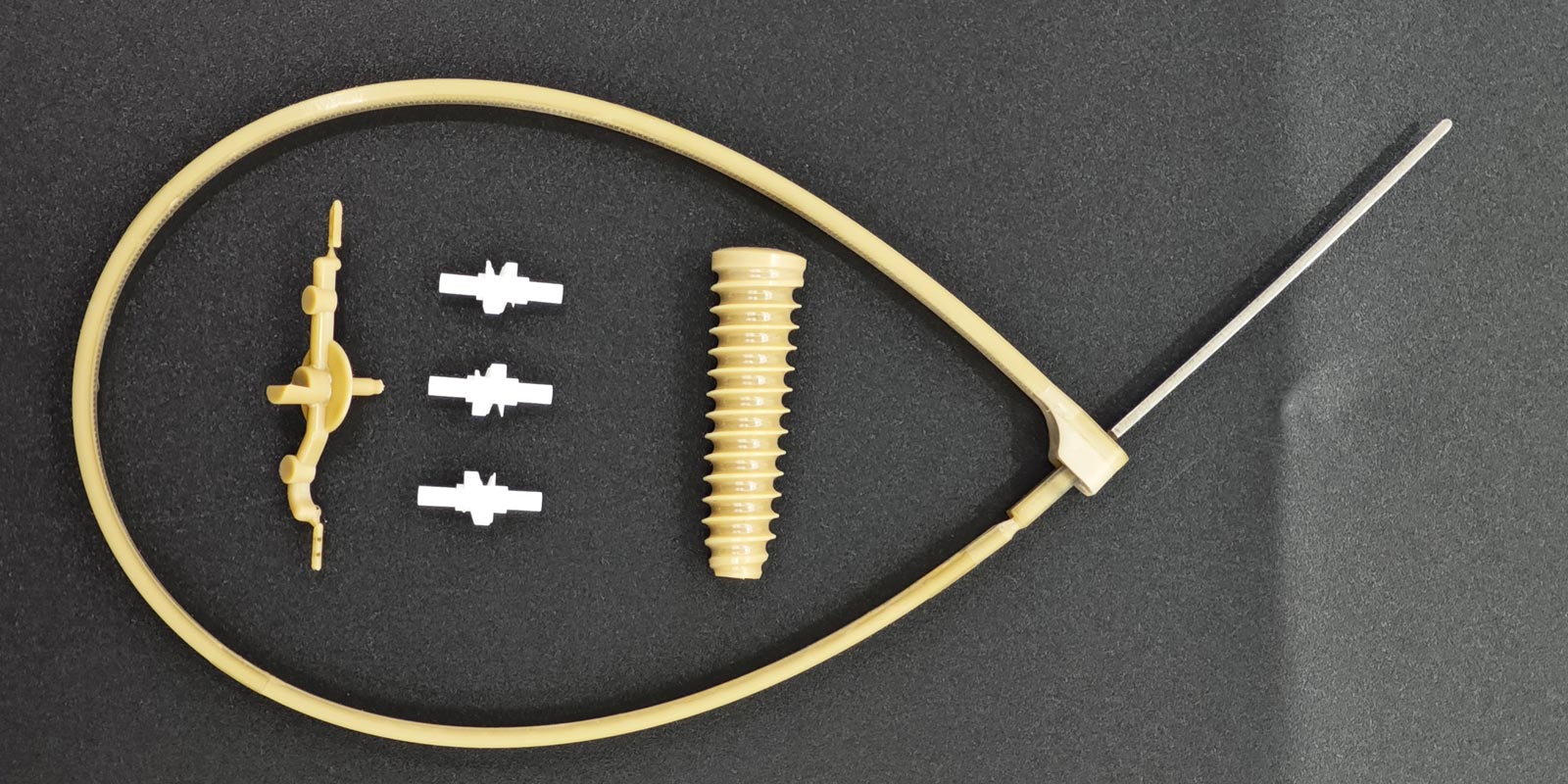
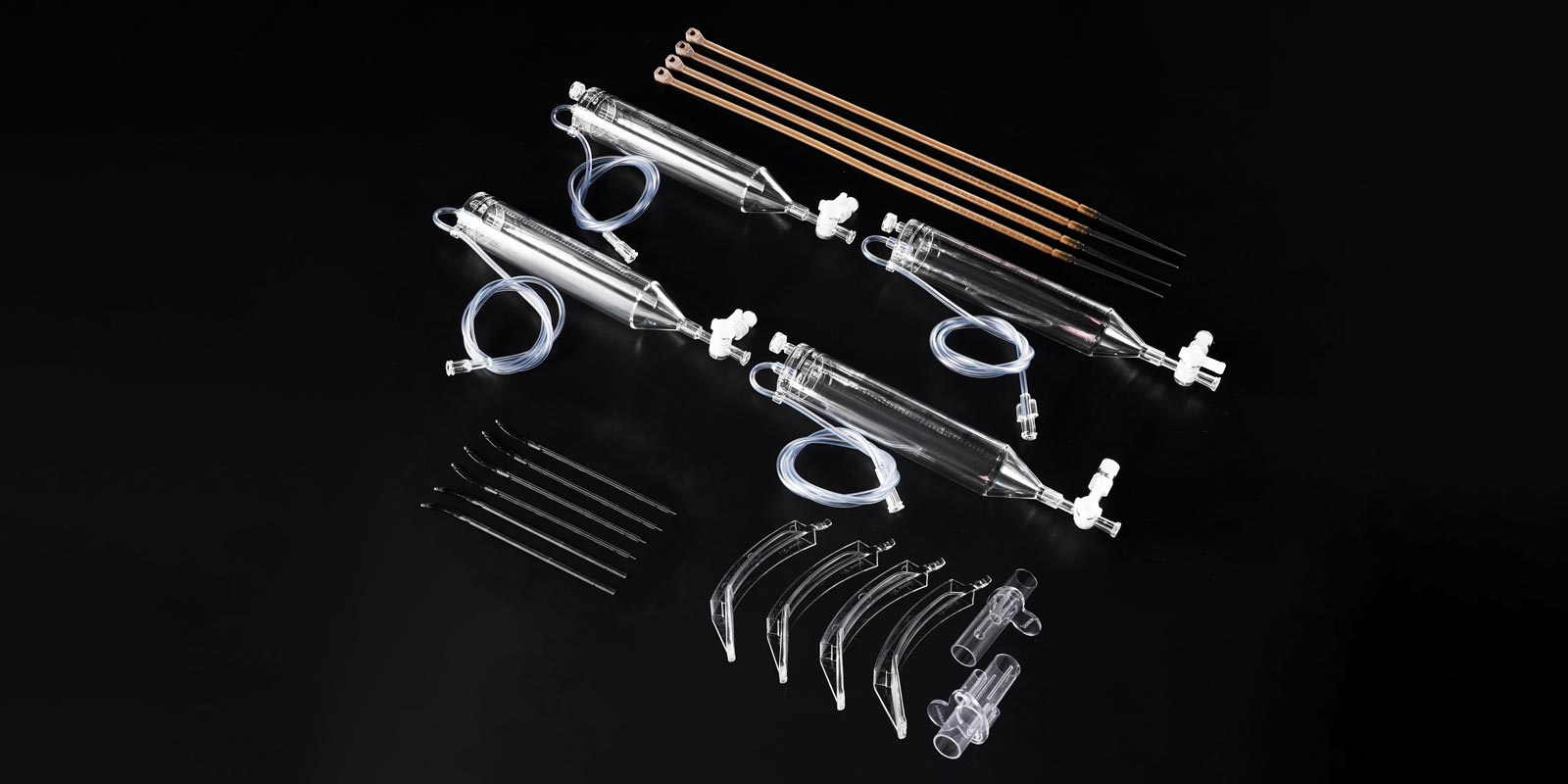
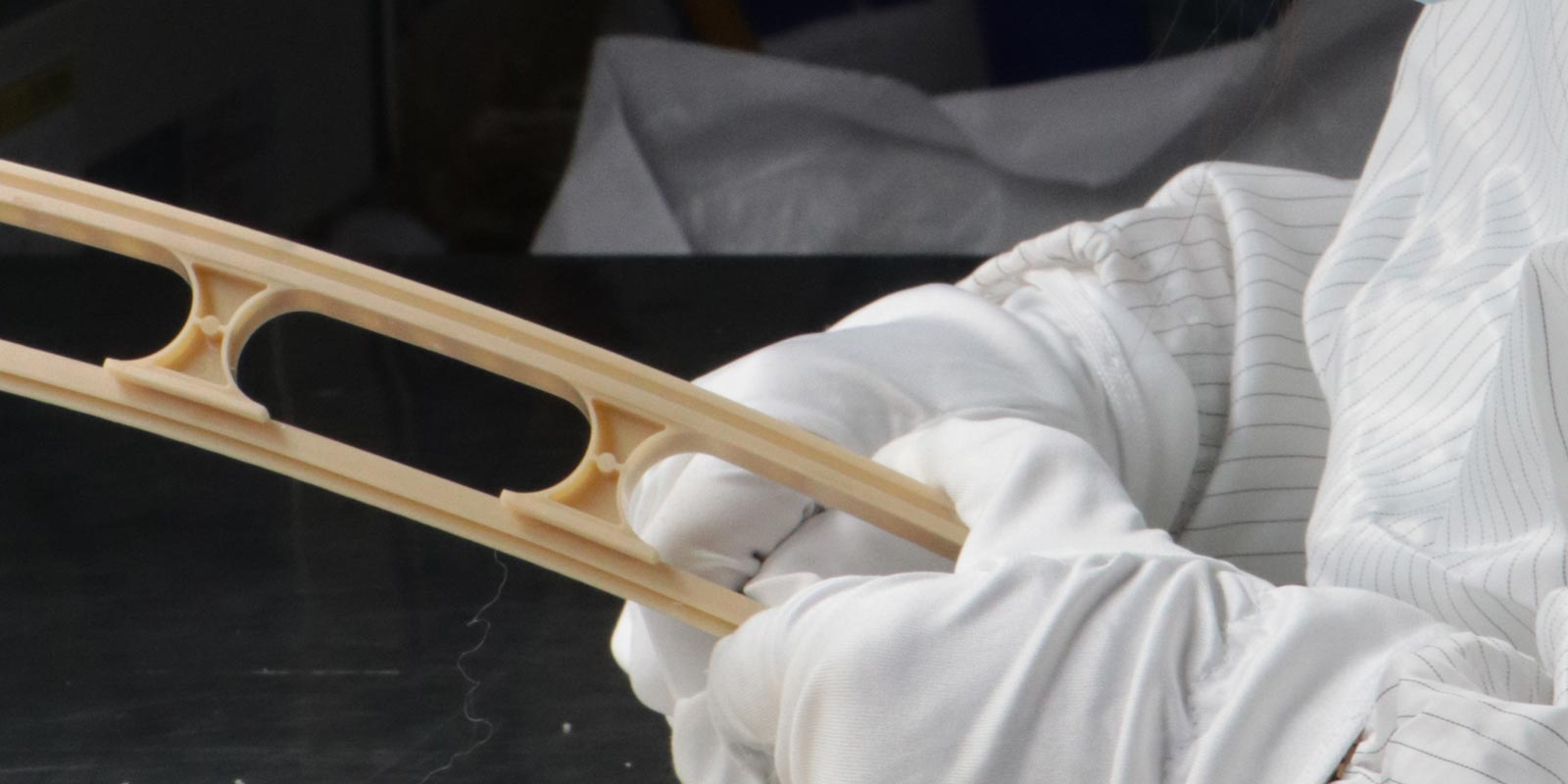
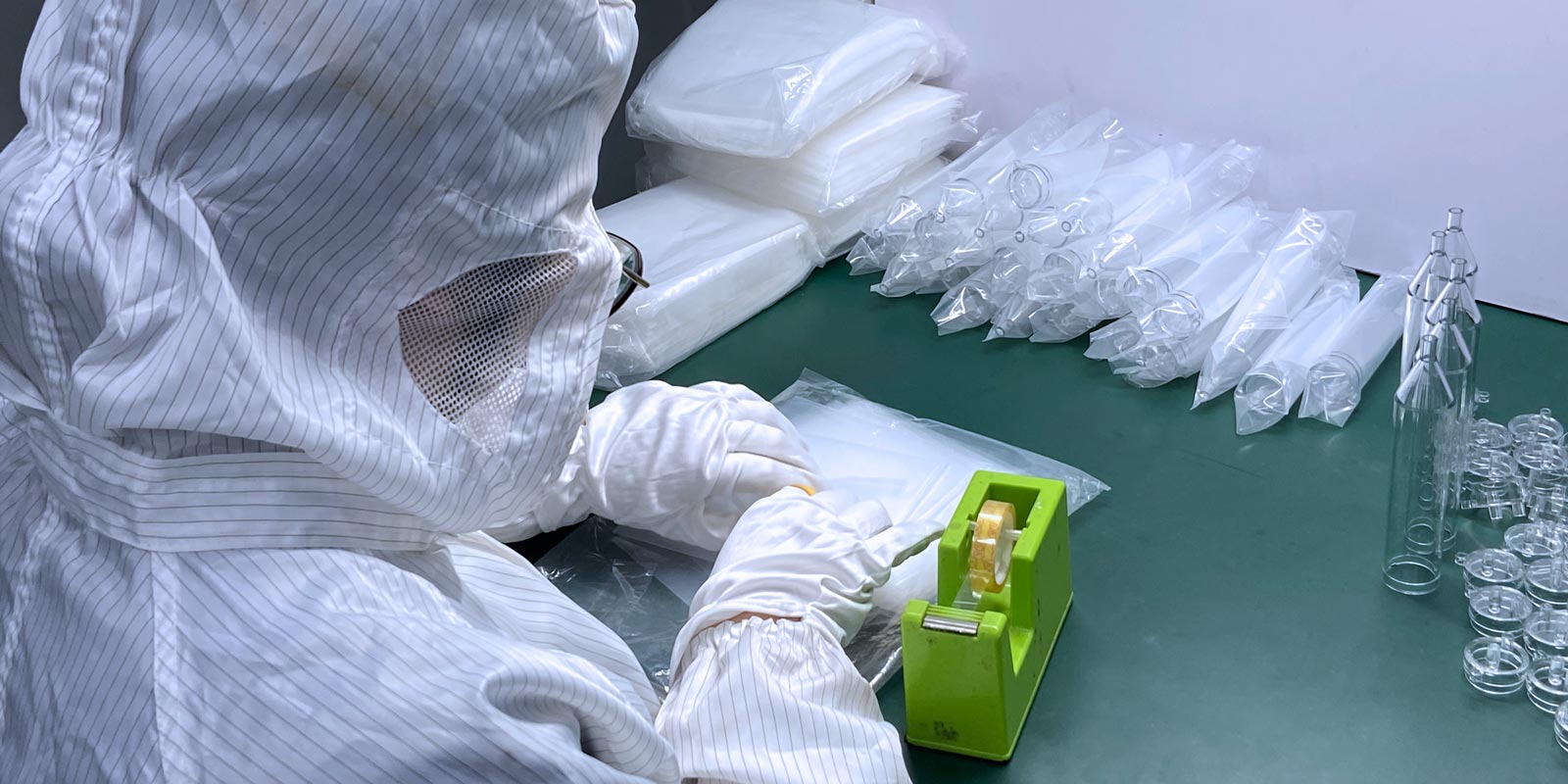
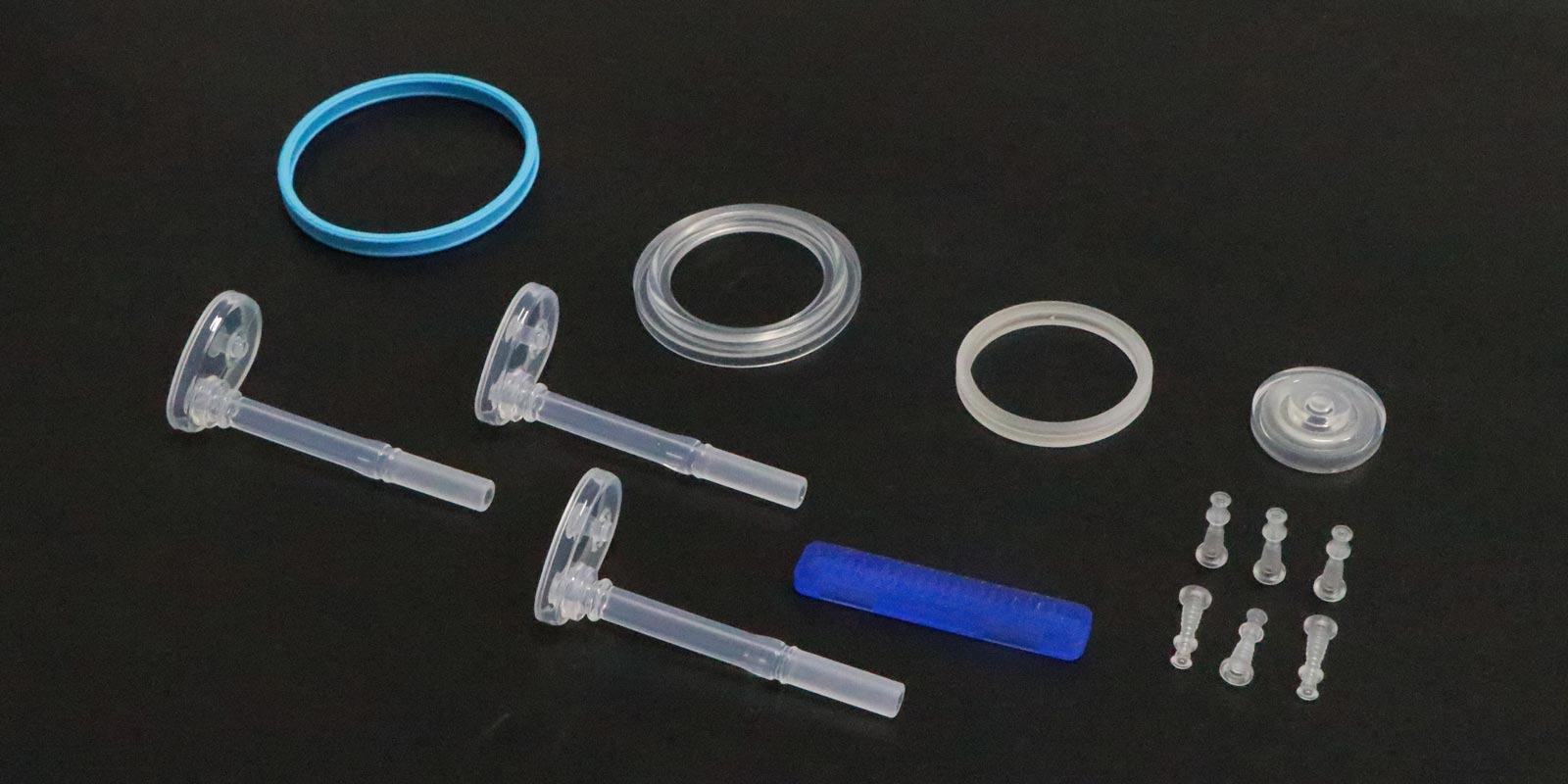











 Home
Home
